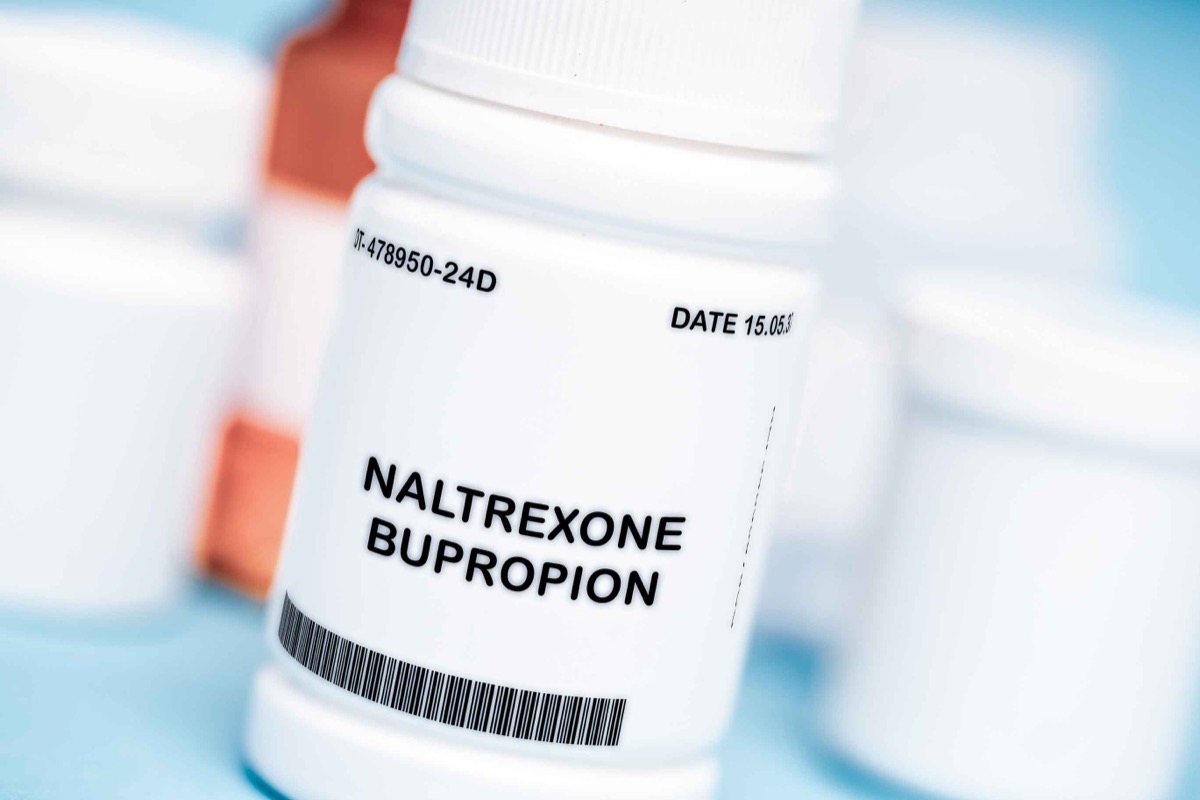5 Weight-Loss Medications That Don’t Require an Injection

Losing weight is hard and keeping it off is harder. However, for some people, weight loss medications such as Ozempic or Wegovy can break down the barriers that make weight loss feel so far outside of your control.
“The GLP-1 agonist group of medications are a definite breakthrough when it comes to weight loss. These are much better than what was available to us in the past,” says Steven Batash, MD, a board-certified gastroenterologist and leading physician at Batash Endoscopic Weight Loss Center. “However, these medications do have a lot of side effects, they don’t work for everyone, and since you need to be taking these medications forever to sustain weight loss, the price tag can be very hefty.”
In addition to those concerns, Batash says some people simply don’t feel comfortable taking injectable medications in perpetuity. In fact, research on the public opinions of new weight loss drugs has shown that having to inject them is among the top reasons for rejecting such medications.
“While there is overall interest in taking a prescription weight loss drug, interest decreases substantially once people are asked if they would take a drug administered as routine injection (23 percent of all adults would still be interested),” a 2023 poll revealed.
If you’re one of the many Americans interested in weight loss assistance but are turned off by their injectable delivery, experts say there are a handful of other options you can ask your doctor about. Read on to find out which five weight loss drugs are delivered needle-free—and what doctors have to say about them.
RELATED: Certain Foods Trigger Natural Ozempic-Like Weight Loss Effect, Doctor Says.
1
Semaglutide (Rybelsus)

If you’re looking for a GLP-1 drug you can take without the sting of a needle, Rybelsus tablets offer an orally administered alternative to injectable weight loss medications. In fact, they use the same active ingredient as their injectable counterparts: Semaglutide.
However, experts say that access to Rybelsus is limited for the general population. “Although Semaglutide is commercially available, this medication is only FDA-approved for those with [Type 2] diabetes,” explains Michelle Pearlman, MD, a board-certified gastroenterologist and obesity medicine specialist.
She also says that with the help of their doctors, patients should carefully weigh the pros and cons of taking these medications, which are known to cause a range of side effects.
“These drugs have revolutionized my practice, offering a new paradigm for those struggling with weight loss,” she says of GLP-1 agonists. “However, it’s crucial to remember that they are tools, not miracles, requiring supervision for their effective use.”
2
Orlistat (Xenical or Alli)

Today’s cutting-edge class of weight loss drugs works by targeting your appetite regulation—”that is, they make you feel fuller for longer, decrease your appetite, etc.,” explains the Cleveland Clinic. Older weight loss drugs such as Orlistat (Xenical or Alli) work a bit differently—they lower the amount of fat you absorb from your food.
As with all weight loss medications, you’ll also need to alter your diet to see results while taking these older weight loss drugs. The Cleveland Clinic says that while on Orlistat, you should follow a reduced-calorie diet in which no more than 30 percent of your total calories come from fat.
“Addressing weight loss is not just about shedding pounds but promoting overall health and longevity,” says Pearlman. “It’s about making informed choices under professional guidance, emphasizing that weight loss drug aids should complement, not replace, a healthy lifestyle.”
RELATED: Mounjaro Maker Is Cracking Down on Patients Taking It for Cosmetic Weight Loss.
3
Bupropion and Naltrexone (Contrave)

Another orally administered weight loss strategy is actually the combination of two drugs, Bupropion and Naltrexone. Though Bupropion is most commonly used as an antidepressant and Naltrexone is often used to treat opioid addiction, they can help decrease hunger and reduce cravings when taken together.
According to data provided by Contrave, a branded combination of these two therapies, between 36 and 57 percent of patients taking the time-release capsules achieved a clinically meaningful treatment response to the drug, defined as losing five percent of their body weight loss after one year of treatment. By comparison, 17 to 43 percent of people taking a placebo while on a reduced-calorie diet achieved clinically relevant results.
4
Phentermine-topiramate (Qsymia)

Phentermine-topiramate is another drug combination used for weight loss purposes. Phentermine is a stimulant that can lessen appetite, and topiramate is primarily used as an anti-seizure medication. Taken together, the combination decreases hunger and increases feelings of satiety after eating.
Like all weight loss medications, it comes with benefits and risks. “Phentermine is one of the most prescribed weight-loss medicines,” says Meera Shah, MD, via the Mayo Clinic. “But it isn’t a good choice for people with heart disease, high blood pressure, an overactive thyroid gland or glaucoma. It also isn’t for people who are pregnant, may become pregnant or are breastfeeding.”
RELATED: 4 Probiotics That Trigger an Ozempic-Like Weight Loss Effect, Doctors Say.
5
Endoscopic procedures

Endoscopic weight loss procedures are also gaining rapid popularity because they are “non-invasive, very safe, and produce long-term weight loss,” says Batash.
“Endoscopic weight loss procedures work by allowing doctors to place special devices or medications into the gastrointestinal tract to limit how much you can eat,” explains Johns Hopkins Medicine. “Experts note that endoscopic weight loss procedures are a great option between medication and surgery, with better results than medication, but which are less invasive than surgery and carry fewer side effects and risks.”
Batash says that besides allowing you to avoid weekly injections, this strategy comes with a wide range of additional benefits. “The side effects of endoscopic sleeves are very minimal and last two to three days at most. The price tag is actually much more reasonable than medications since once you pay for the procedure there are no monthly refills to deal with and no injections to worry about,” he tells Best Life.
Best Life offers the most up-to-date information from top experts, new research, and health agencies, but our content is not meant to be a substitute for professional guidance. When it comes to the medication you’re taking or any other health questions you have, always consult your healthcare provider directly.